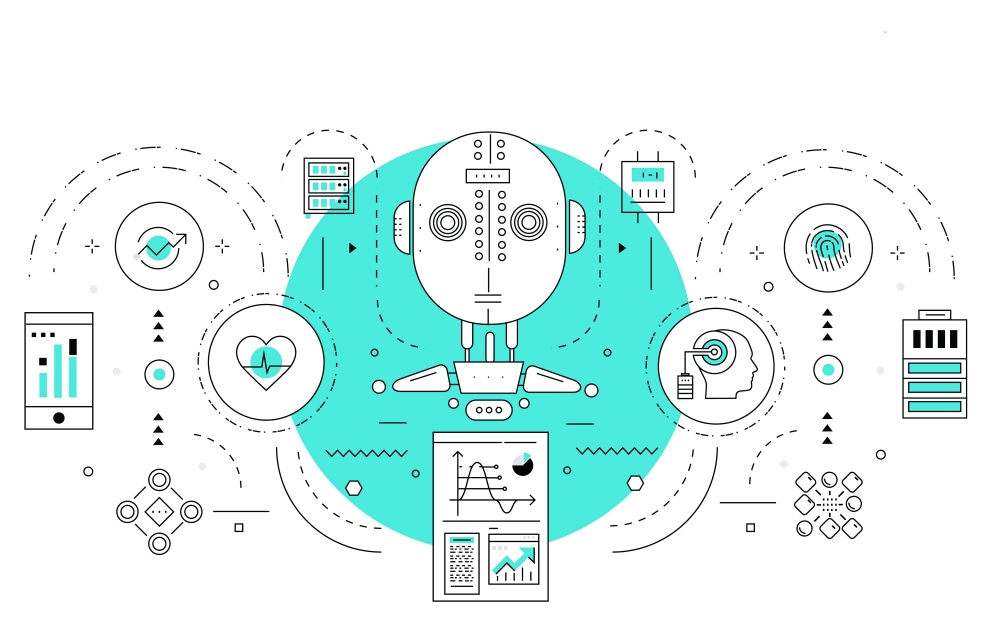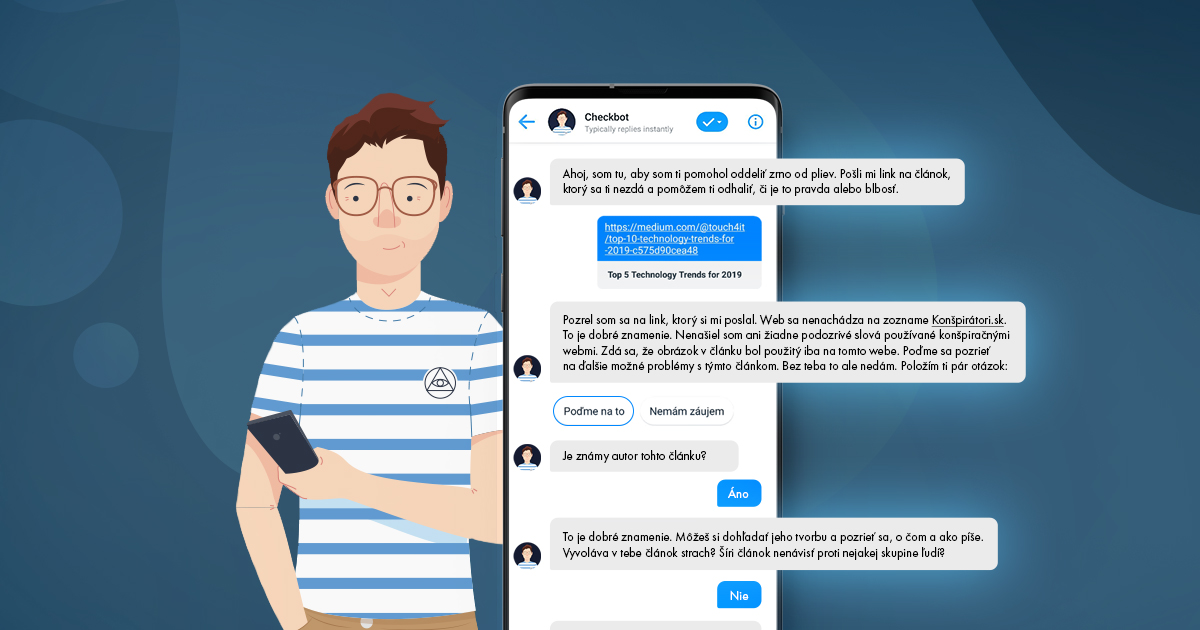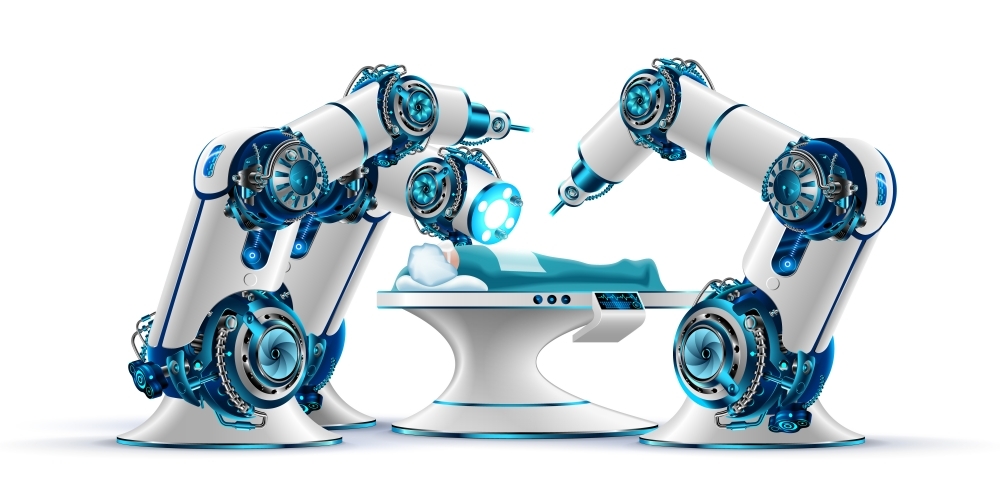Why is artificial intelligence becoming more and more important?

The concept of “artificial intelligence” is a highly discussed and “hot” topic right now in the field of technology. I’m pretty sure you’ve already stumbled upon it. But do you actually know what artificial intelligence is, how it works and where it is heading?
What is artificial intelligence?
Artificial intelligence (AI, for short) has two parts – artificial, referring to something created by human, while “intelligence”, meaning the ability to think and understand. A common mistake is when people refer to artificial intelligence as some kind of system. However, that’s not true. The AI is not a system, but is actually implemented in one.
Nowadays, there are many sources that define this technology. Some define it as the “ability of a digital computer or a computer controlled by a robot to perform tasks that are usually linked with intelligent beings”. Other sources simply describe it as the “machine’s ability to mimic or imitate human behavior”.
The SAS company explains that “the artificial intelligence allows machines to learn from experience, adjust to new inputs and perform human tasks”.

Artificial intelligence in everyday life
The world of technology is moving rapidly forward day by day. Many people from before the 90s would hardly believe the conveniences our smartphones can offer these days and how virtual assistants are able to respond to our questions. Nowadays, it’s natural for us that many things are driven by artificial intelligence, which is becoming an integral part of our everyday lives.
For example, did you know that Google uses AI to make sure all your received e-mails are authentic and sorted in the right category (Primary, Social, Spam,...)? Did you know that LinkedIn also uses artificial intelligence to match candidates with the right type of job offer in the most efficient and relevant way?
Artificial intelligence and e-commerce
Chatbots are used to communicate with customers to answer their questions, help them or just simply give them advice. A chatbot is trying to imitate human language, i.e., to behave like a person – it can converse with the customer, schedule an appointment or a meeting, accept an order or answer simple billing questions.

Maybe you’ve already seen or heard that we recently developed a clever chatbot under the name “Checkbot”, which helps to detect hoaxes and fake news on the Internet. Although it’s not an online shopping assistant, it prevents the spreading of disinformation online. That’s also pretty cool, right?
Amazon and other online retailers take advantage of AI to collect information about your preferences and shopping habits. Based on the collected information, they can suggest you products that may interest you, suit you the best and are customized to your habits. Example: When you are searching for headphones in an online store, the website will show you related products bought with the headphones based on other people’s shopping behavior.
Artificial intelligence and health
There are currently many companies exploring ways in which artificial intelligence can help to improve the healthcare system.
For example, the Atomwise technology uses artificial intelligence for drug discovery. With the ability to analyze billions of compounds and identify areas of drug discovery, AI can make the job of chemists faster and more efficient.
Another great example is the Pager application that uses artificial intelligence to help patients with various illnesses and pain. The company behind the app develops machine learning to analyze clinical data in order to identify possible gaps while treating the patient.

Artificial intelligence vs. Machine learning
Artificial intelligence and machine learning are concepts in the field of computer science, which are often used interchangeably. Some people consider these terms to be identical. Are they really the same? What are their differences?
We can say in general that machine learning is an easy way to achieve AI. Arthur Lee Samuel – a specialist in the field of computer games and artificial intelligence – defined AI as “the ability to learn without explicit programming”. It would be possible to create artificial intelligence without machine learning, but it would require millions of lines of code with complex rules. So instead of “hard” programming of the software with precisely defined rules for specific instructions, machine learning comes into the picture and empowers the algorithm to learn on its own. This “empowerment” involves bringing a large amount of data into the algorithm and allowing it to easily adapt and improve.
How to distinguish one from another?
1. The AI’s goal is to increase the chance of success, not precision. The goal of machine learning is to increase precision, it doesn’t care about success.
2. Artificial intelligence makes decisions, machine learning allows the system to learn new things from data.
3. The purpose of AI is to simulate natural intelligence in order to solve complex problems. The intention of machine learning is to study data about a specific task in order to maximize the performance of the machine while executing the mentioned task.
4. AI is about intelligence and wisdom. Machine learning is about learning and knowledge.
Would you like to have a talk with us about the possibilities of artificial intelligence in your business? Email us at hi@touch4it.com and we’ll be more than happy to arrange a meeting.



